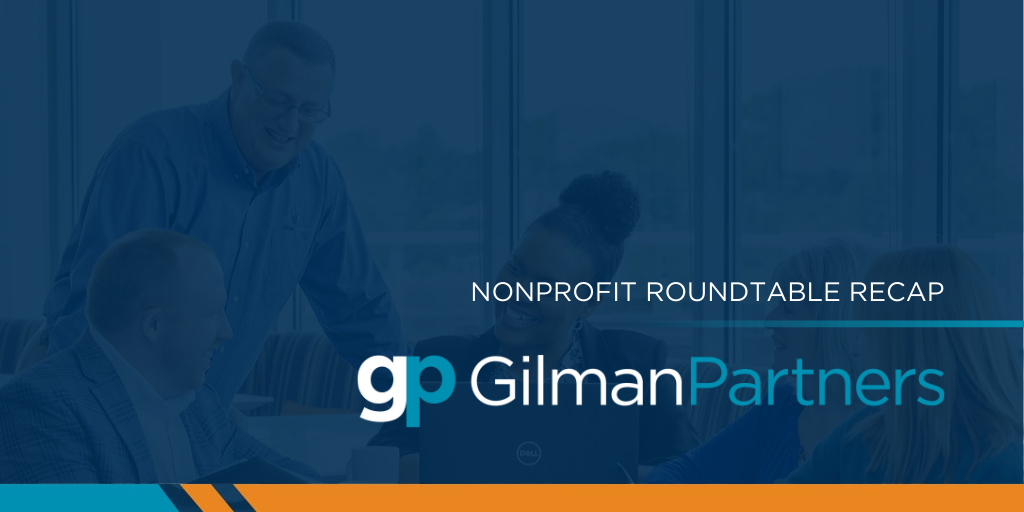You’ve hired the perfect candidate for your open position after spending weeks in the search and interview process. Work has been piling up waiting for the role to be filled. Finally, the employee’s start date arrives and the work begins. And six months later, the job is open again.
Unfortunately, this is not an unusual scenario. Many of us have experienced the “courting” ritual that exists in the interview process. Everyone involved is on their best behavior and company representatives work to paint the best possible picture of their organization and culture. Then on day one, you finally start work only to learn that the company has not announced your arrival, your manager is on vacation, and you need to ask directions to your desk. It’s not a good start.
First impressions of a new company are critically important. Everyone walking through the door for the first time as an employee asks themselves similar questions: Will my actual work experience be consistent with how it was described in the interview process? Will I be provided the help I need to understand the business and how I can best contribute? Will I develop good working relationships with my new manager and co-workers? Will someone take the time to explain how things work around here?
Common transition issues with new hires can be prevented through an intentional and consistent onboarding approach. Effective onboarding goes beyond simple orientation. Done well, it’s the strategic integration of new hires at all levels to expedite their productivity and improve the probability of longer-term retention. An orientation process is typically a one-time event—it’s like meeting someone for the first time. You learn surface information about them, but you don’t really know them. Onboarding is a series of meetings where you’re guided to get to know your company, manager, peers, and direct reports. Proper onboarding helps set expectations for what success will look like in the new role and communicates an inherent message that the company places a high value on the overall transition experience.
There’s another clear motivator for onboarding. In the absence of a positive work experience—especially in a tight job market—people will leave. According to an article by SHRM, new employees who went through a structured onboarding program were 58 percent more likely to be with the organization after three years. Yet, many employers choose to forego more robust onboarding methods due to the perception that they take too much time and distract the new hire from getting started on his/her new job.
Strategic onboarding isn’t overly complicated, but it does require some thought and planning to be most effective for your organization. A consistent approach with every new hire also has the long-term benefit of building a very consistent culture and work experience, which starts from the beginning of employment.
At Gilman Partners, our search approach includes onboarding services with every placement. Separately, we also offer consultative services to help outline an onboarding plan that works for your company. We welcome the opportunity to talk about how we can help your organization build the best possible onboarding experience for future new hires at all levels.
Chuck Aardema, Executive Recruiter




